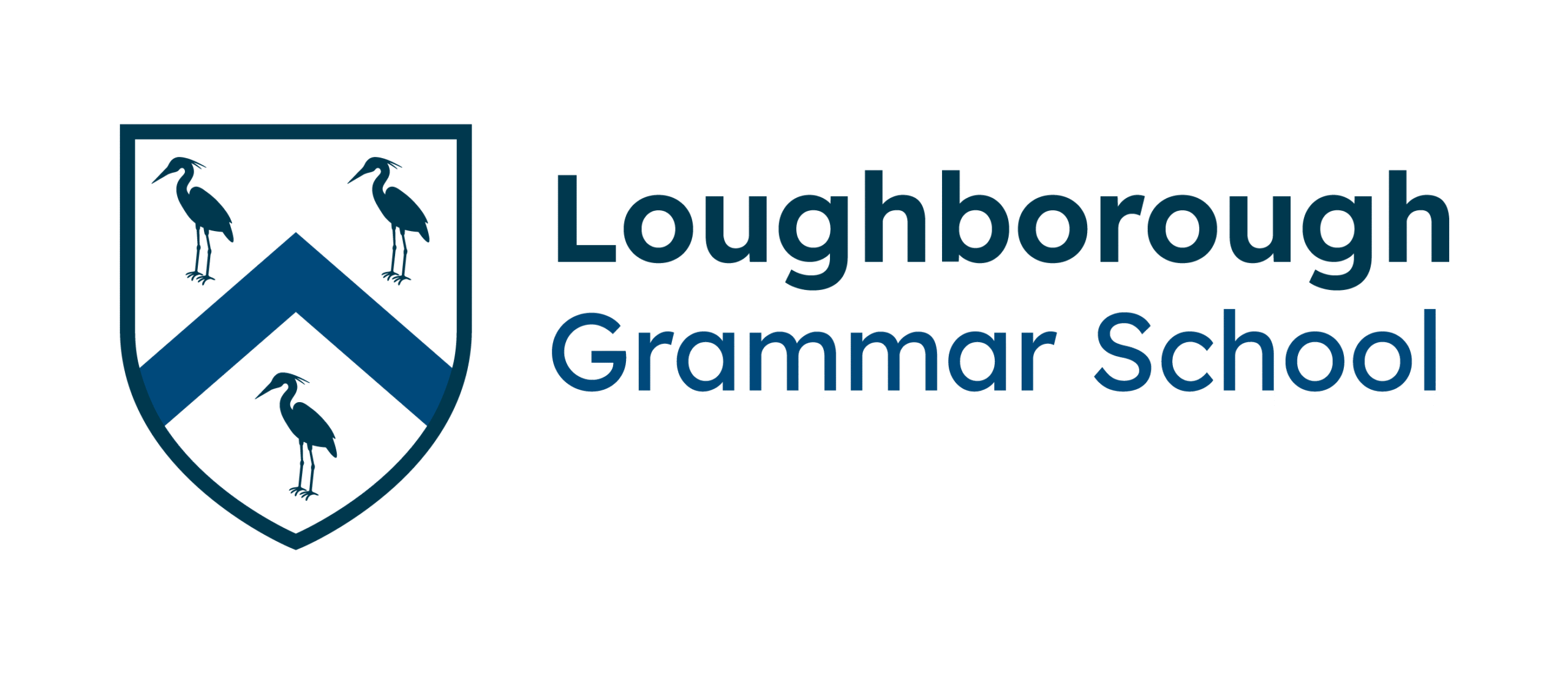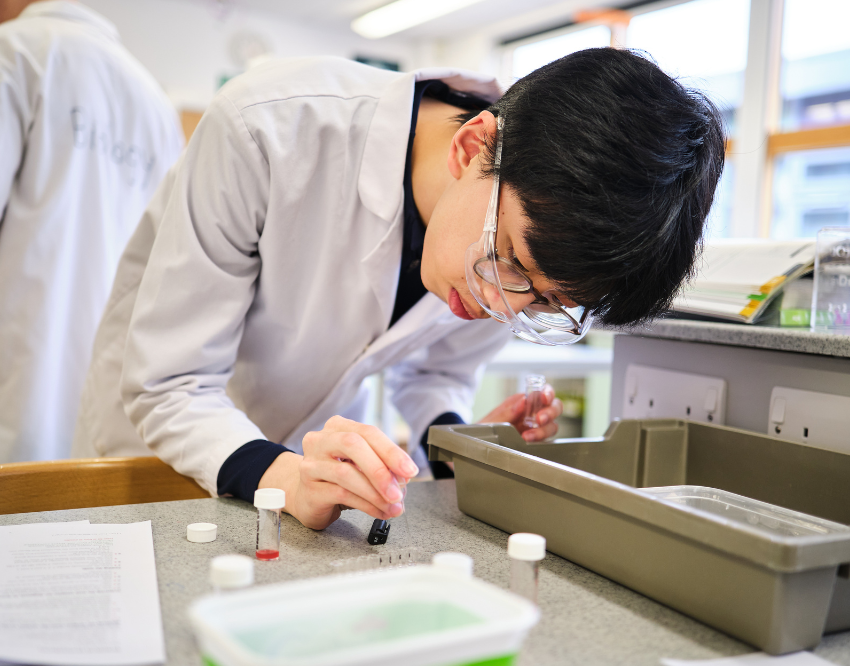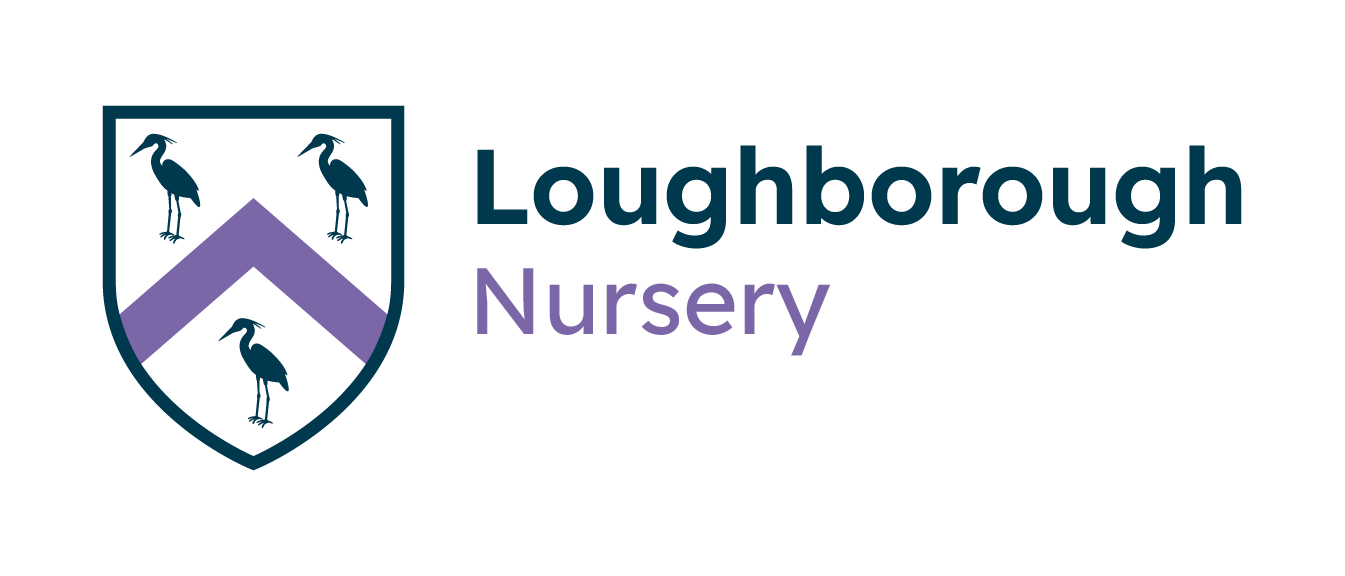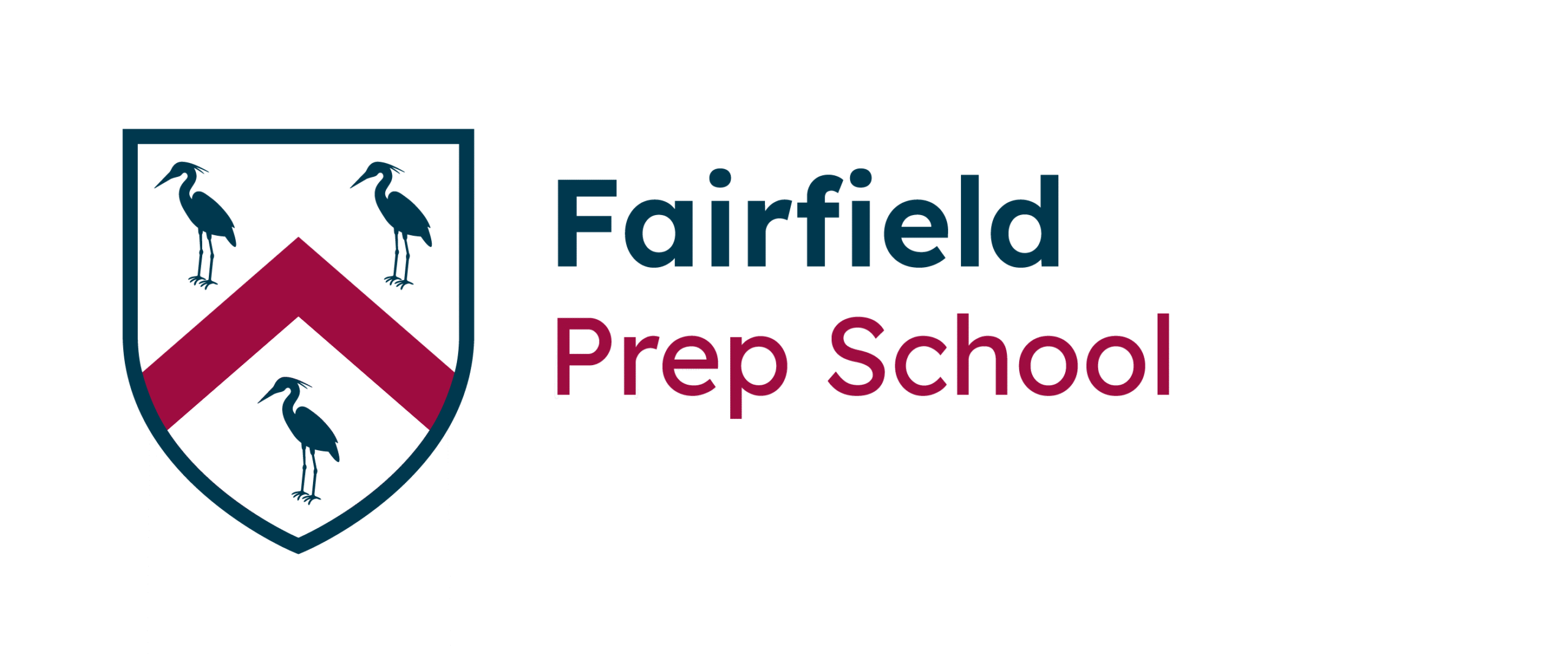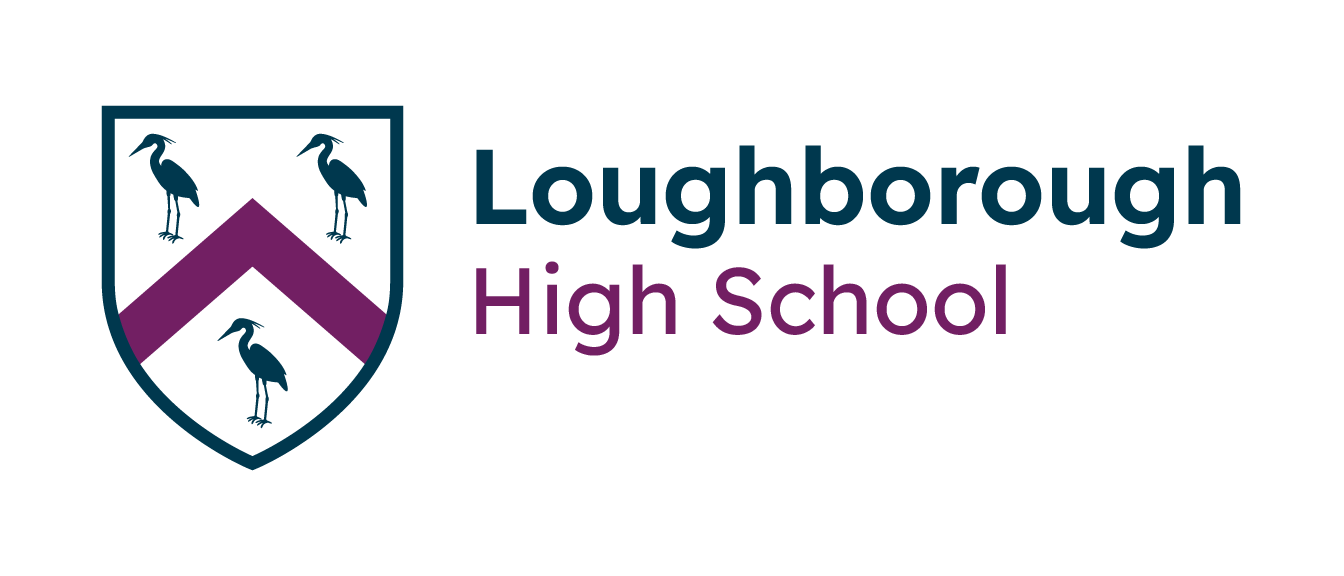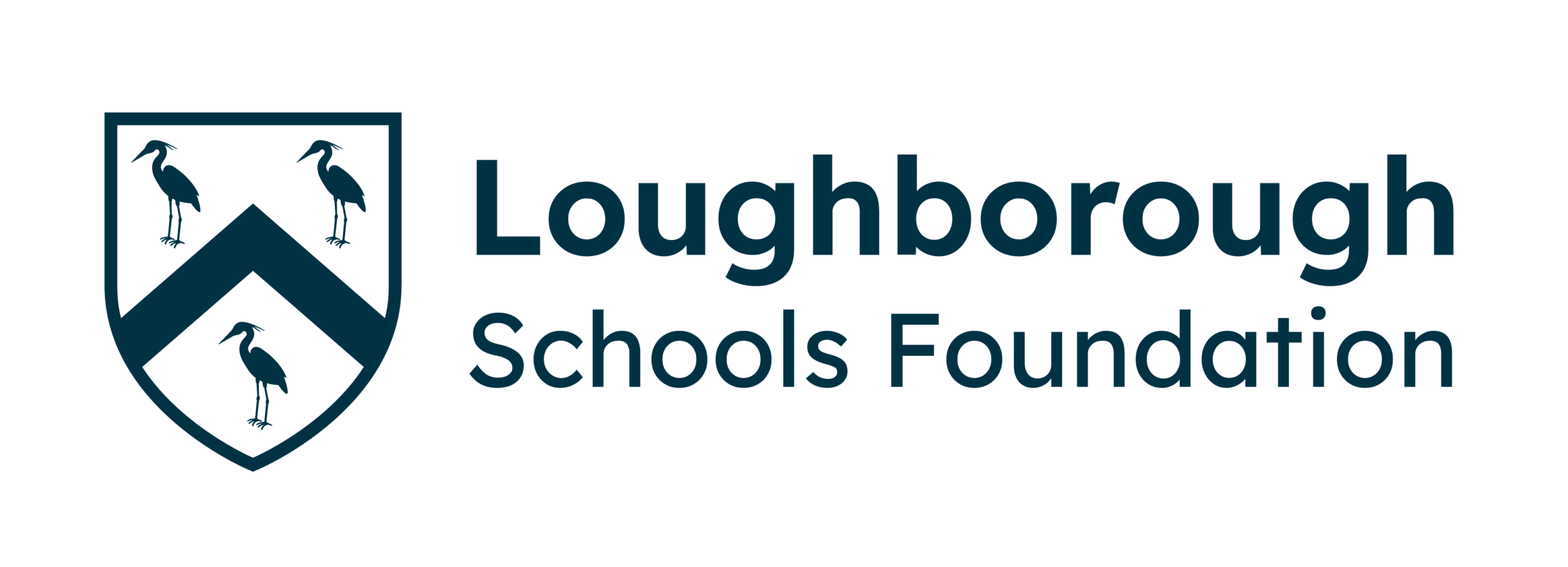Sixth Form pupils, Lucky and Mishaan, who have both received offers to study courses in Medicine at Queen’s University Belfast and Imperial College London respectively, discuss their experience of applying to Medicine courses and the support they’ve received from Loughborough Grammar School throughout the process.
How did you feel when you found out you’d received the offer?
Lucky: I was quite happy as there’s quite a lot of stress throughout the whole process so I think I was quite relieved that all the hard work had paid off. It’s motivated me and made me more enthusiastic to get the grades now.
What support did you receive from the school during the application process?
Lucky: First of all, it’s writing personal statements. Miss Jenkins, Mrs Ferraby and all our Form Tutors are all really good at helping you write personal statements. Then you’ve got the UCAT, which you have to do with courses in medicine. For this, we received a lot of help from MedSoc as they introduced us to the question types and even asked past students to come in and give us insight on what the admissions test is like.
Moving on to interviews, we had two or three mock interview nights where, again, they asked a range of different people to come into the School and conduct the practise interviews. We got lots of advice and knowledge from them based on their experiences.
You never feel like you’re doing it by yourself. You feel like, there’s always so many people who you’re able to speak to and it’s just a really good support network that I think you probably don’t get everywhere. Also, just the support from all my friends who are also applying for courses in medicine; we’ve been talking about the interviews, asking questions in free periods and clarifying things. I think one of the biggest things was just having the support between friends and other people who are going through the same thing you are.
Mishaan: Receiving support from both Mrs Ferraby at LGS and Mrs Peart over at Loughborough High School was really helpful. We’d usually spend extended lessons with Mrs Peart on Thursday afternoons preparing for the UCAT test and this complemented the smaller, group work sessions we had here at the Grammar School.
Mrs Ferraby is also always happy to make time for students like us who want to talk about our options. For example, our plan B’s C’s, D’s everything. I think I’ve felt more reassured by talking through all the processes that will happen just in case we don’t receive the results we’re hoping for.
How did you come to the decision that you wanted to apply for courses in medicine?
Mishaan: I think it was the work experience and volunteering which supports your application and gives you a better understanding of what roles are available. For example, I finished Year 11 thinking I was going to do engineering and then I did work experience over the summer in both engineering and medicine because I was slightly considering medicine. After doing that, I realised I wanted to do medicine and switched my A Levels accordingly.
I think that having that kind of experience early on is really good. Having a wide range of experiences to reflect on and think about, especially when you’re trying to realise what you want to do, is really helpful in terms of making those decisions.
What are you most looking forward to about your course?
Mishaan: At Imperial College, you spend five years of the six-year course doing medicine and you have one year to do an intercalated degree. There are loads of different things you can actually take; you can do Healthcare Management and Respiratory Sciences for example. One of the main ones I am looking forward to doing is Biomedical Engineering, because I have a lot of interest in physics and maths alongside medicine so I think that’ll be a really nice way to incorporate my own personal interests in with the medicine degree as well.
Lucky: When you’re choosing courses, I think it’s important to realise that even though you all end up with the same medicine degree, the actual courses are taught very differently. At Belfast, they have a lot of quite early clinical contact so even in the first few weeks of the first year, you’re going to placements in hospitals and gaining practical experience. That’s something I’m really looking forward to because that’s where I want to be at the end of the five years so having the experience and the ability to do that so soon is something really exciting.
